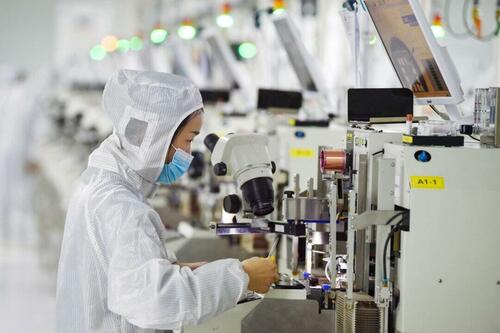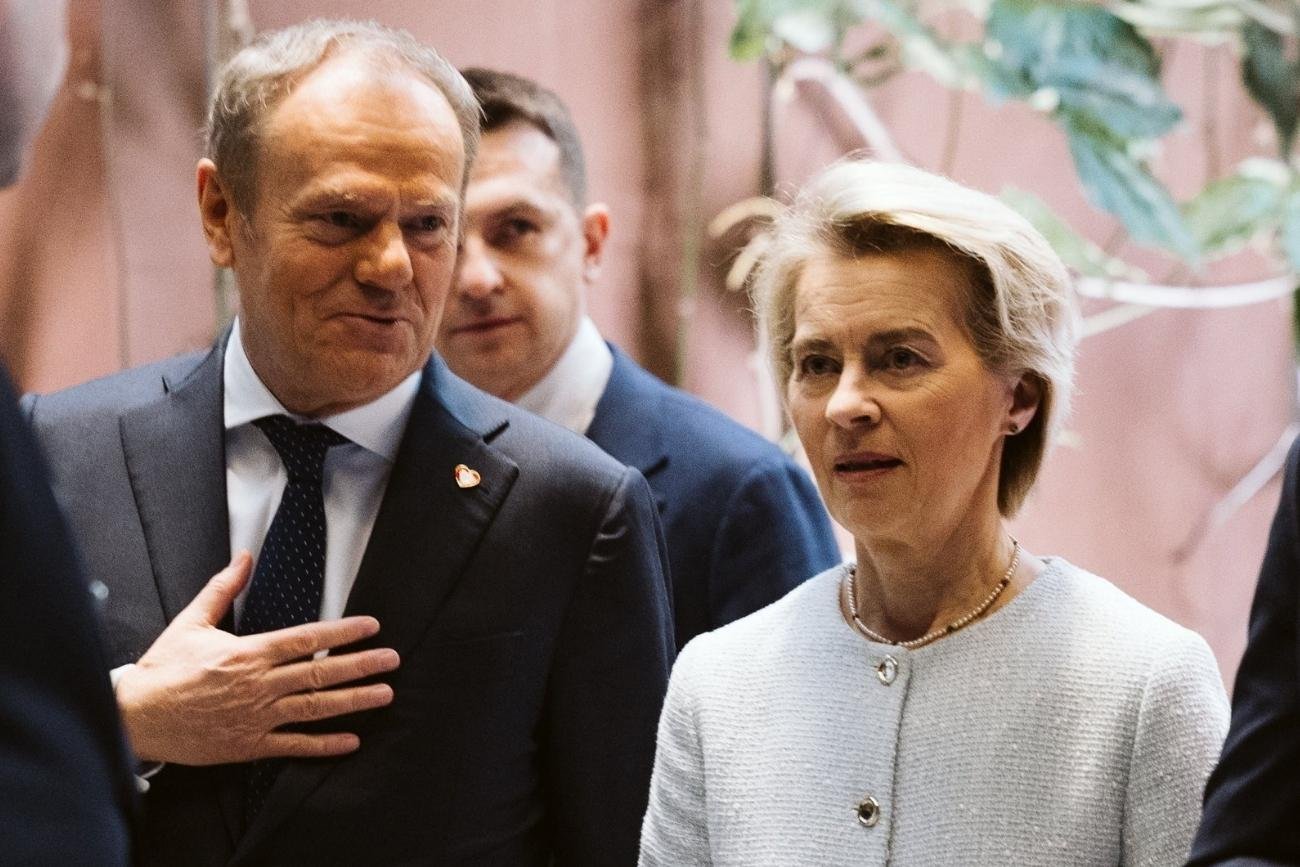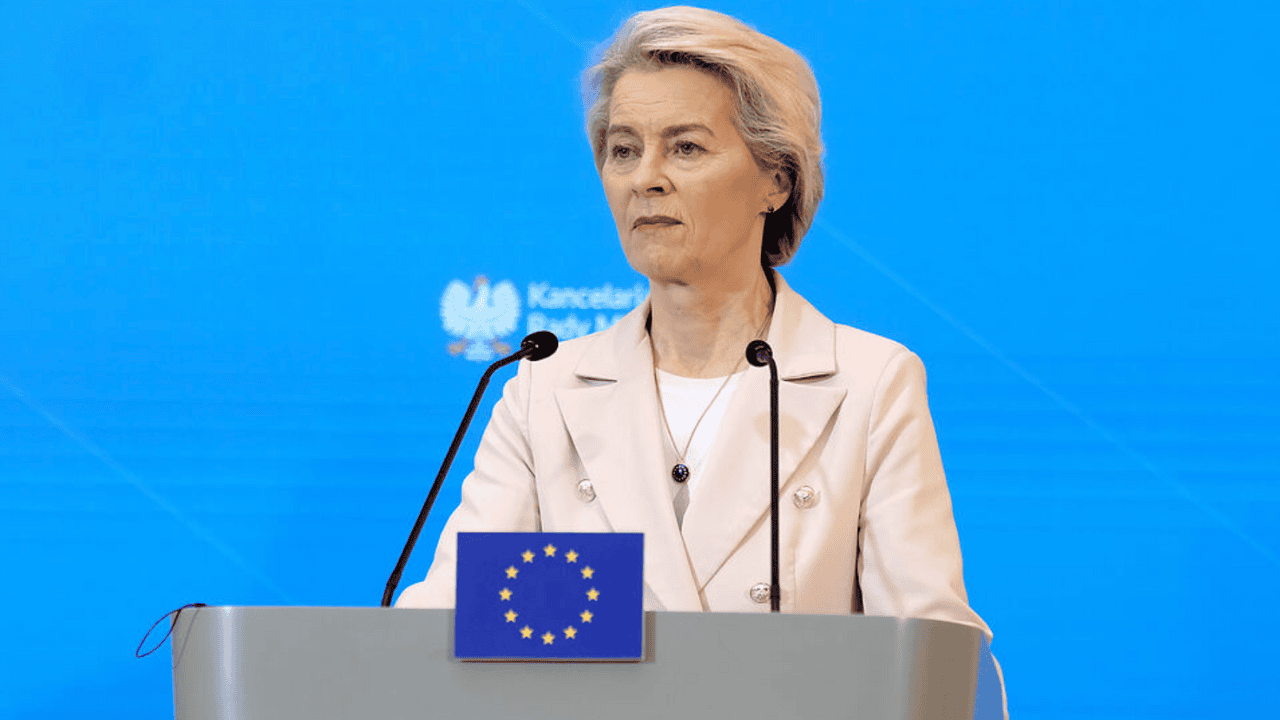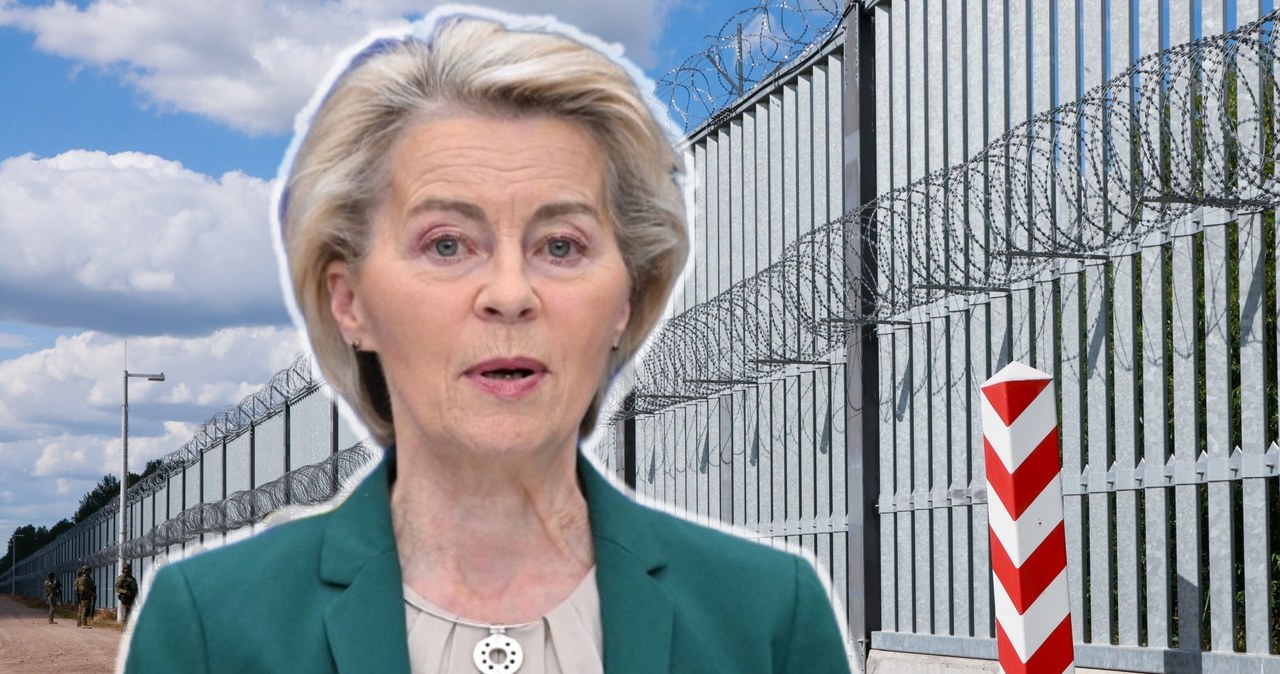
US Launches New Trade Probe Into Chinese Legacy Chips
Authored by Lily Zhou via The Epoch Times (emphasis ours),
The Biden administration announced an 11th-hour probe on Monday into China’s trade practice regarding “legacy” chips that power everything from smart appliances and phones to the electric grid and weapons systems.
 A worker producing semiconductor chips at a workshop in Suqian, China, on Feb. 28, 2023. STR/AFP via Getty Images
A worker producing semiconductor chips at a workshop in Suqian, China, on Feb. 28, 2023. STR/AFP via Getty ImagesThe administration has already imposed 50 percent tariffs on semiconductors from China, which are set to take effect on Jan. 1. The new Section 301 probe could pave the way for the incoming Trump administration to add more tariffs on legacy chips or take other measures.
The probe was launched because evidence indicates that the Chinese regime’s attempts to dominate domestic and global chip markets “appear to have and to threaten detrimental impacts on the United States and other economies, undermining the competitiveness of American industry and workers, critical U.S. supply chains, and U.S. economic security,” the Office of the United States Trade Representative (USTR) said in a statement.
A spokesperson for the Chinese regime’s Ministry of Commerce accused the United States of “disrupting and distorting the global chip production and supply chains” and “harming the interests of American companies and consumers,” and vowed to “take all necessary measures to firmly defend its interests.”
The Biden administration will begin accepting public comments on Jan. 6. The probe will then be handed over to the incoming Trump administration for completion, officials said.
According to the Federal Register notice, the deadline for submitting comments will be set on Feb. 5, and a public hearing will be held on March 11 and March 12. It is unclear whether President-elect Donald Trump’s choice to lead USTR, Jamieson Greer, a trade lawyer and former USTR chief during Trump’s first administration, will be confirmed by the U.S. Senate by then.
The investigation will initially focus on China’s legacy chip production, downstream products that contain legacy chips, and wafers that are used to make the chips, including silicon carbide substrates.
According to USTR, China is projected to reach around half of the world’s capacity to build foundational logic chips by 2029, and to lead in production capacity for other types of legacy chips. Evidence indicates Beijing has been using unfair trade practices to achieve the goals, such as subsidies, state-backed hacking, forced technology transfer, wage suppression, market gate-keeping, and opaque regulatory preferences and discrimination.
“This is enabling its companies to rapidly expand capacity and to offer artificially lower priced chips that threaten to significantly harm and potentially eliminate their market-oriented competition,” U.S. Trade Representative Katherine Tai told reporters on a conference call.
U.S. Commerce Secretary Gina Raimondo said her department’s research shows two-thirds of U.S. products using chips had Chinese legacy chips in them, and half of U.S. companies did not know the origin of their chips including some in the defense industry, findings that were “fairly alarming.”
After the COVID-19 pandemic disrupted the supply of semiconductors and temporarily halted production of autos and medical equipment, the United States has sought to build its own semiconductor supply chain with $52.7 billion in new subsidies for chip production, research, and workforce development.
Raimondo said China’s plans to build more than 60 percent of the world’s new legacy chip capacity over the next decade were discouraging investment elsewhere and constituted unfair competition.
It “undercuts our companies and makes the U.S. dependent on China for the chips that we use every day in so many things,” she told reporters.
The probe is being conducted under Section 301 of the Trade Act of 1974, the same unfair trade practices statute that Trump invoked during his first term to impose tariffs of up to 25 percent on some $370 billion worth of Chinese imports in 2018 and 2019, triggering a nearly three-year trade war with Beijing.
Earlier this year, the Biden administration kept all the Trump-era tariffs and added more after a four-year review of the 301 tariffs found that Beijing had continued to use unfair trade practices.
Since September, tariffs on electric vehicles from China quadrupled to 100 percent. Also, 25 percent tariffs on natural graphite, permanent magnets, and non-EV batteries will take effect on Jan. 1, 2026.
Trump’s transition team did not respond to The Epoch Times’ request for comment by the time of publishing.
Reuters contributed to this report.
Tyler Durden
Thu, 12/26/2024 – 06:20

 8 miesięcy temu
8 miesięcy temu











